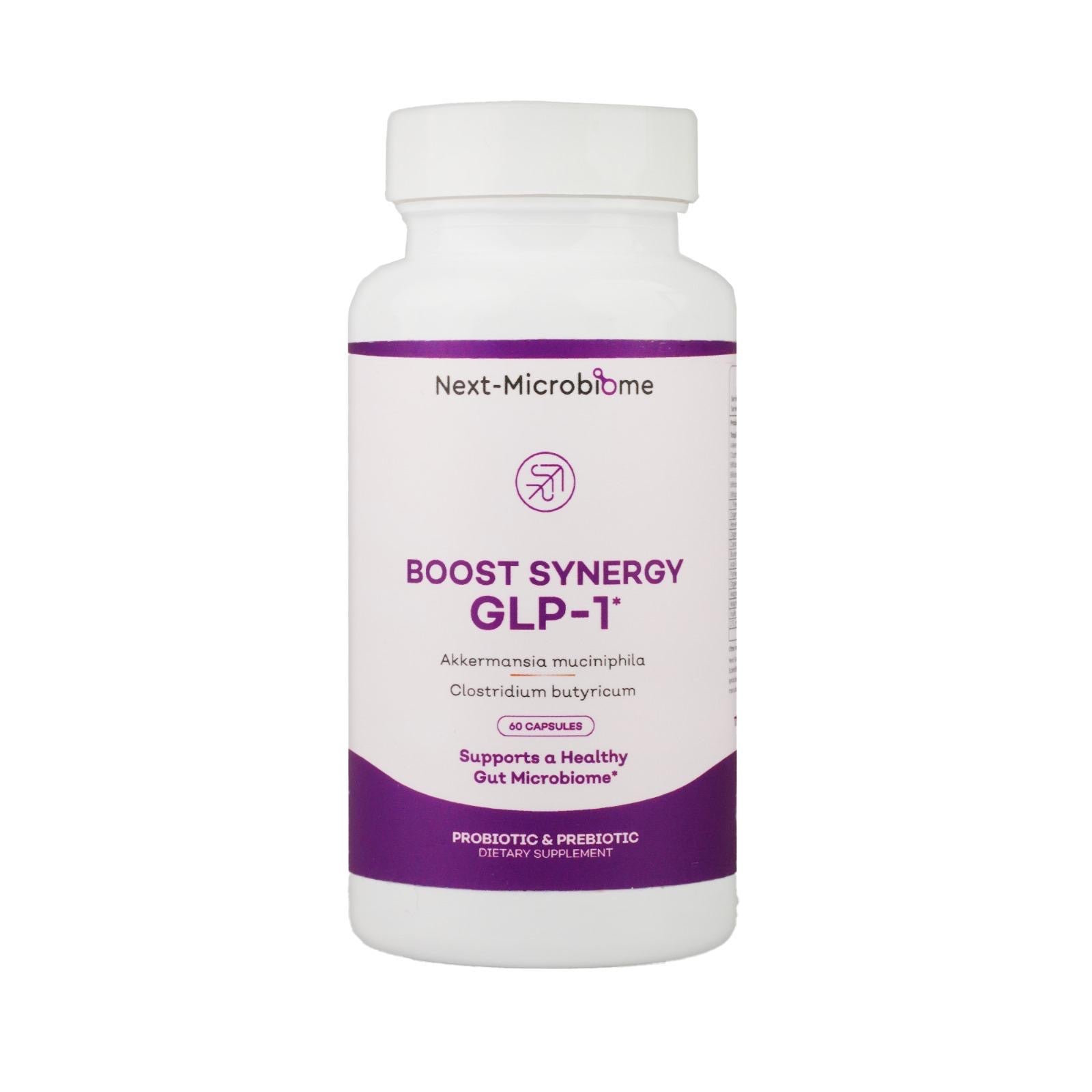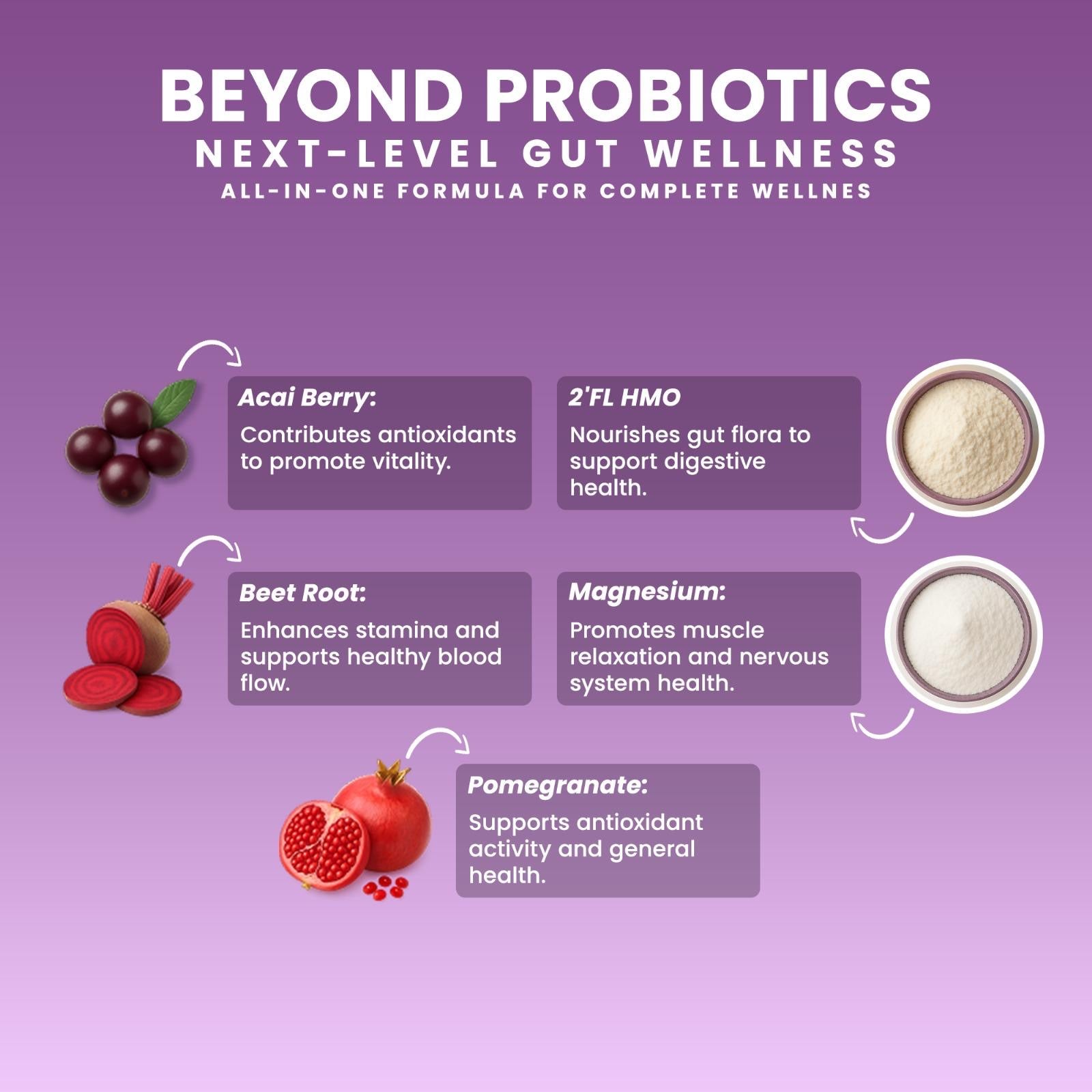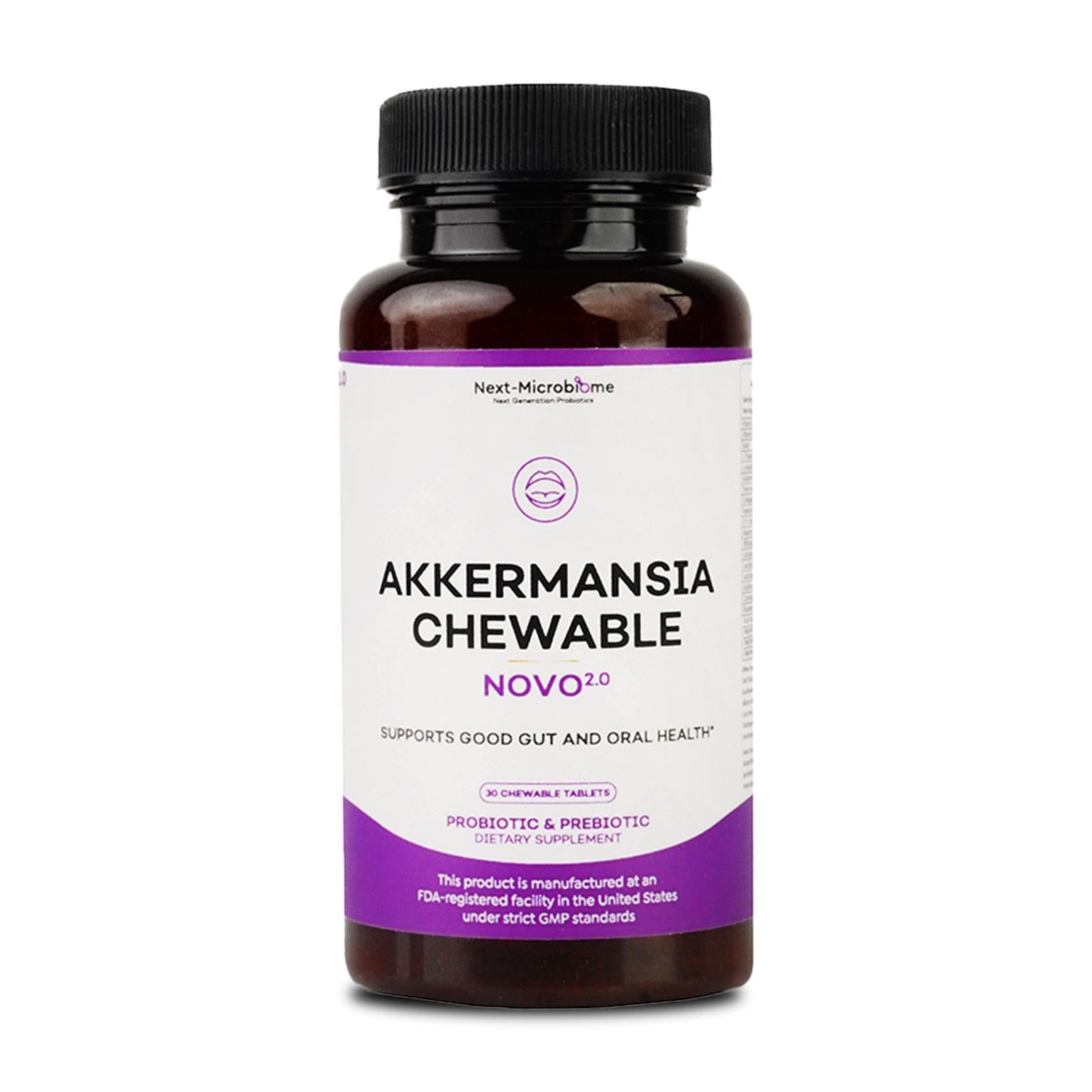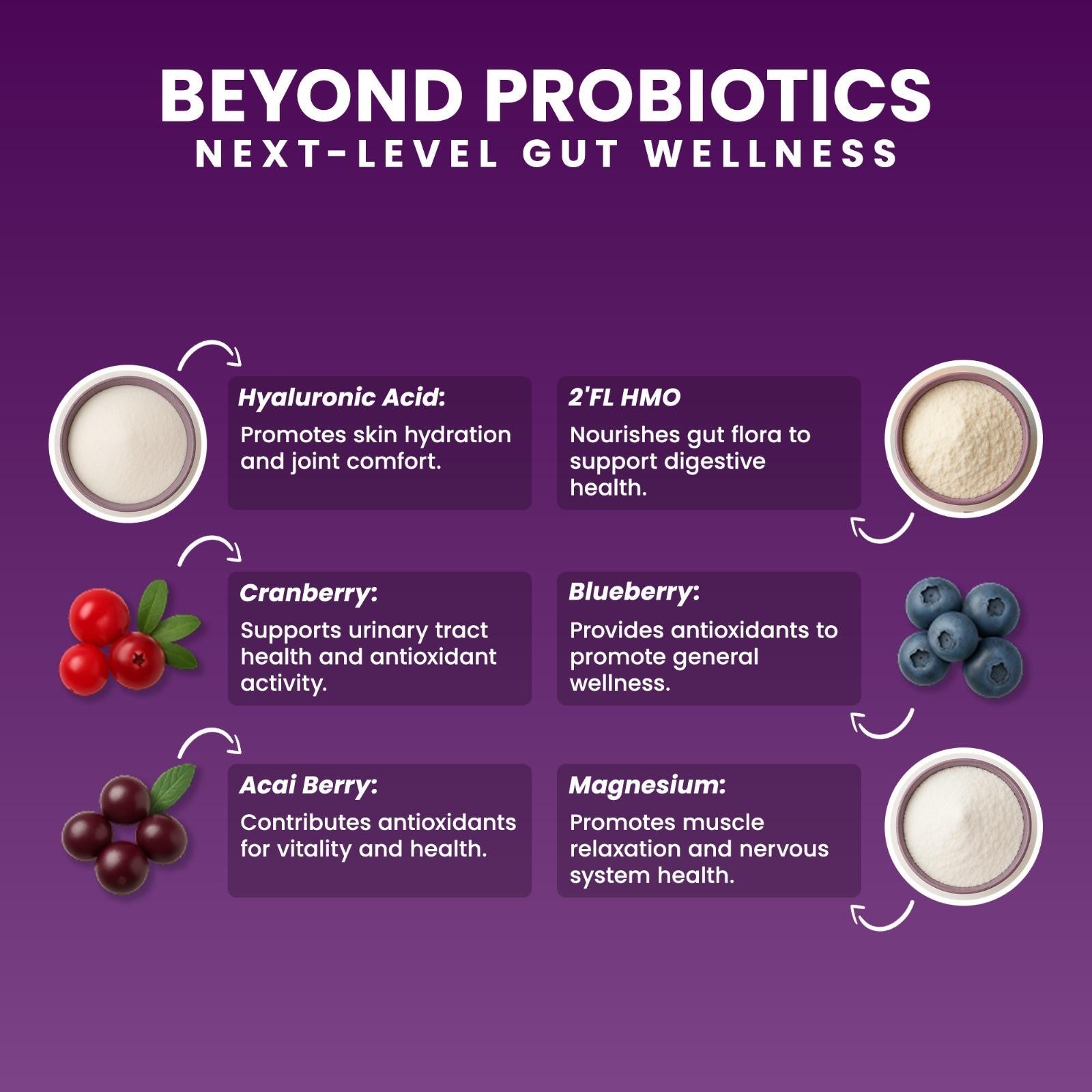
Gut Microbiome Science: How Your Microbiota Shapes Digestion, Immunity & the Brain–Gut Axis
Gut Microbiome Science: How Your Microbiota Shapes Digestion, Immunity & the Brain–Gut Axis
The gut microbiome is one of the most powerful biological systems in the human body, influencing everything from digestion and metabolism to mood, brain function, and immune strength. With search interest growing for “gut microbiome,” “microbiota,” “brain–gut axis,” and “microbiome science,” more people are seeking to understand how these trillions of organisms impact lifelong health.
Your gut microbiome is a vast ecosystem — a living network of bacteria, yeasts, archaea, and viruses — collectively known as the microbiota. This community communicates with the brain, regulates inflammation, controls digestive rhythm, and produces metabolites essential for optimal physiological function.
Understanding this microbial universe is the foundation of digestive wellness, metabolic health, emotional balance, and long-term resilience.

What Is the Gut Microbiome?
The gut microbiome refers to the collective DNA of all microorganisms living in your digestive tract.
The microbiota are the actual living organisms.
Researchers now know that these microbes influence:
-
digestion & nutrient absorption
-
immune regulation
-
inflammation balance
-
gut lining integrity
-
metabolism
-
brain function & mood
-
hormonal signaling
-
protection against pathogens
A 2020 review published in Nature Reviews Gastroenterology & Hepatology highlighted that gut microbiota and their metabolites influence multiple physiological systems—including immunity, inflammation, epithelial barrier function, and systemic metabolic regulation—emphasizing the microbiome’s body-wide impact.
Link: https://www.nature.com/articles/s41575-019-0258-z
A healthy gut microbiota = a healthier, more resilient body.
The Brain–Gut Microbiome Axis: How the Gut Talks to the Brain
One of the most revolutionary findings in microbiome science is the relationship between the gut and the brain — known as the brain–gut microbiome axis.
Communication occurs through:
-
the vagus nerve
-
neurotransmitters (serotonin, GABA, dopamine)
-
immune signaling
-
short-chain fatty acids (SCFAs)
-
microbial metabolites
A groundbreaking study published in Cell Host & Microbe revealed that the gut microbiome plays a direct role in shaping brain development, mood regulation, stress resilience, and cognitive performance—showing that microbial signals can influence behavior and mental well-being.
Link: https://www.cell.com/cell-host-microbe/fulltext/S1931-3128(15)00169-9
This means your gut microbiome can influence:
-
mood
-
thinking
-
stress response
-
sleep
-
appetite
-
emotional stability
Gut health is brain health.

Your Microbiota Shape Digestion, Immunity & Inflammation
A balanced microbiota is essential for:
✔ Digestion
They break down complex carbohydrates, regulate motility, and reduce gas.
✔ Immune Strength
70% of the immune system lives in the gut.
✔ Inflammation Balance
A healthy microbiome prevents chronic low-grade inflammation.
✔ Gut Barrier Integrity
Your microbes help maintain the mucin layer and tight junctions.
Research published in The American Journal of Clinical Nutrition confirms that beneficial microbes — especially SCFA producers — support gut barrier structure and immune balance 10.1016/j.aninu.2021.11.005.
Without a healthy microbiota, digestive discomfort, immune imbalance, and systemic inflammation can develop.
Akkermansia & Next-Generation Microbes: The Future of Microbiome Science
A new era of research focuses on “next-generation microbes,” especially Akkermansia muciniphila and Christensenella — species strongly linked to gut barrier function, metabolic health, inflammation balance, and microbial diversity.
To learn more about Akkermansia and how it influences the gut, read:
👉 Akkermansia: The Key to Gut Health
Scientists now consider these microbes crucial for:
-
healthy gut lining
-
metabolic stability
-
inflammation control
-
digestive comfort
-
long-term microbiome resilience
Microbiome science is moving beyond “generic probiotics” and shifting toward targeted, precision-based microbial support.
The Future of Microbiome Research
Microbiome research is entering a new phase centered on:
-
microbiome longevity
-
oral microbiota → gut microbiome pathways
-
metabolite-based therapeutics (postbiotics, SCFAs)
-
personalized probiotic formulations
-
immune–microbiome interactions
-
AI analysis of gut microbiota research
-
dietary modulation of microbiome composition
A landmark review published in Nature Reviews Microbiology highlighted how gut microbiota coordinate with host immune, metabolic and nervous systems through the gut–brain axis—setting the stage for next-decade breakthroughs in microbial-metabolite therapies, mucin-barrier regeneration and brain-gut pathway modulation.
Link: https://www.nature.com/articles/s41579-020-00460-0).
This evolution will redefine how we approach digestion, immunity, mood, aging, and metabolic wellness.
To support your microbiome today — before these future therapies arrive — the best strategy is a combination of:
-
diverse prebiotics
-
high-quality probiotics
-
polyphenols
-
Akkermansia-supportive nutrients
-
gut-lining supportive compounds
For an advanced formula incorporating these principles, explore:
👉 Boost Synergy GLP-1
🟦 INTERNAL LINKS
FAQ
1. What is the gut microbiome?
It’s the full collection of microorganisms living in your digestive tract, influencing digestion, immunity, metabolism, and mood.
2. What affects the gut microbiome the most?
Diet, stress, sleep, antibiotics, fiber intake, and microbial diversity.
3. What is the brain–gut microbiome axis?
A communication network where the microbiota send signals to the brain that influence mood, stress, and cognitive function.
4. How can I improve my gut microbiome?
Eat a variety of fiber-rich foods and polyphenol-rich foods, take probiotics and prebiotics, manage stress, and support gut lining health.
5. What is the future of microbiome research?
Precision probiotics, microbial metabolites, gut–brain therapies, and personalized microbiome analysis.
6. Does Akkermansia improve the gut microbiome?
Yes — it strengthens the gut lining, supports microbial diversity, and improves metabolic and digestive balance.

Written by Ali Rıza Akın
Microbiome Scientist, Author & Founder of Next-Microbiome
Ali Rıza Akın is a microbiome scientist with nearly 30 years of biotechnology and translational research experience in Silicon Valley. He is the discoverer of Christensenella californii, a novel human-associated bacterial species linked to metabolic health and mucosal integrity.
His scientific work spans:
-
mucosal immunology
-
gut barrier biology
-
oral–gut microbiome interactions
-
SCFA metabolism
-
next-generation probiotics (Akkermansia, Christensenella, Clostridium butyricum)
-
host–microbe signaling
-
microbial therapeutics
He is the author of Bakterin Kadar Yaşa: İçimizdeki Evren (Live as Long as Your Bacteria) and a contributor to Bacterial Therapy of Cancer: Methods and Protocols (Springer, Methods in Molecular Biology).
As Founder of Next-Microbiome, Ali develops advanced synbiotic formulations — including the industry’s first chewable Akkermansia-supporting synbiotic — designed to strengthen the gut lining, support metabolic resilience, enhance mucosal immunity, and harmonize the oral–gut microbiome axis.











